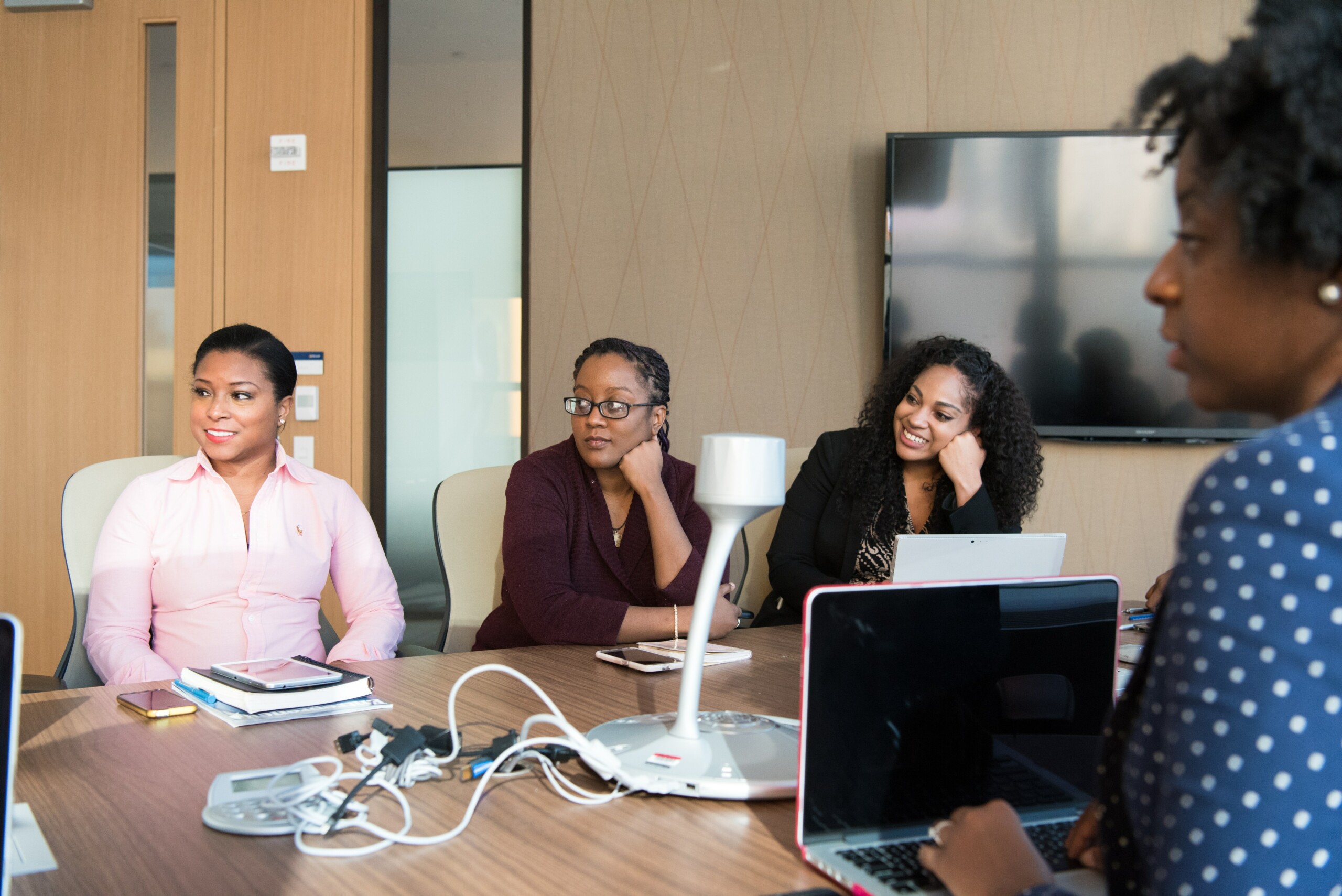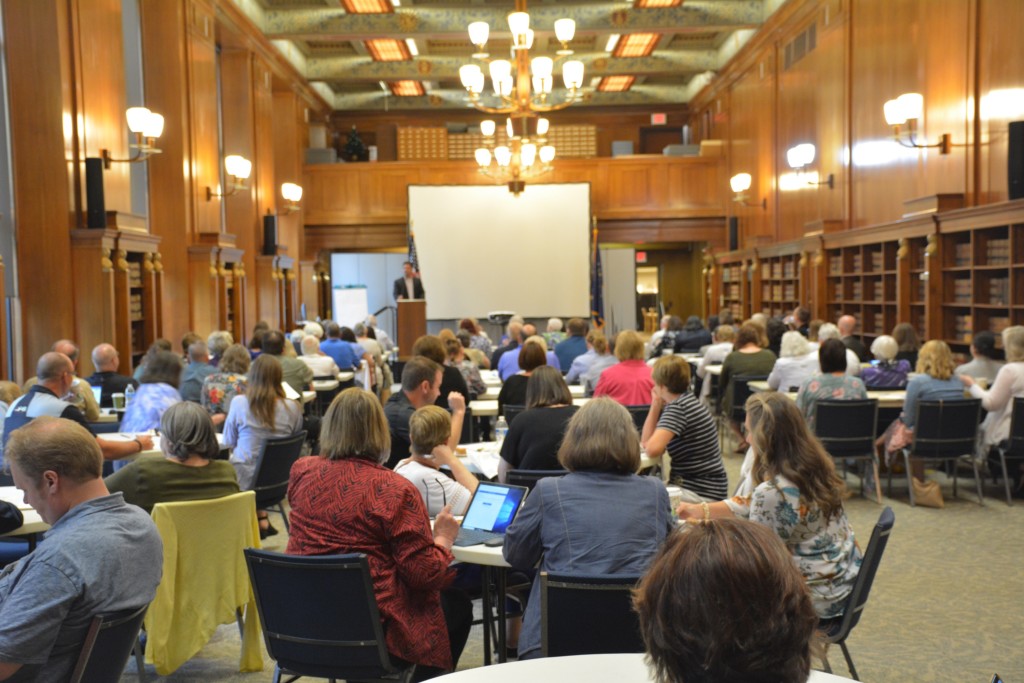Public board meetings have been all over the news lately, and public libraries haven’t been exempt. Even a seemingly quiet place like a library can be subject to unpopular decisions and conflict daily, frustrating both staff and patrons. A well-functioning library board is an essential component of an effective and welcoming library, and there are a number of laws that help ensure a library has one.
So how do public library boards work in Indiana and what are their responsibilities? Nearly all of the 236 public libraries in Indiana are governed by a seven-member board of trustees. These trustees gather monthly, in person or electronically, to meet with the library’s director and assist them in leading the library, to propose and evaluate library policies, to monitor the library’s progress on its strategic plan and to approve expenditures in accordance with the library budget.

In Indiana, public library trustees are not elected, but instead appointed, by local elected officials which may include representatives from their local county and school corporation. Trustees serve four-year terms which may be renewed for up to four consecutive terms, or 16 years total. There are some exceptions where trustees may serve even longer than that (e.g., if a trustee had joined by filling in for a vacant partial term, or if a diligent search of a small community did not produce a new qualified candidate). Trustees receive no compensation for their service.
Public library trustees are community members of the library they serve. In fact, trustees are required to have resided in the service area of the library they will serve for at least two years immediately before becoming a trustee. Ideally, public library trustees should be library users themselves. They should be advocates for the library in the community. They should be lifelong learners and willing to seek professional development opportunities to hone their skills as a trustee. Most importantly, they should always make decisions with the community’s needs in mind. All public library trustees are required to take an oath of office before serving.

Per the Indiana Open Door law, public library board meetings are open to the public to attend. Whether or not public comment is on the agenda is determined locally by the policies of each library board. There are rare occasions that a board may hold an executive – or private – session, in which case they are required to post a meeting notice stating the reason for meeting in private. Boards are not allowed to vote or take final action in an executive session.
The Indiana State Library provides support for Indiana public library trustees in the form of consultations, trainings – recorded, virtual or live – and even a trustee manual, recently updated for 2021. We are also happy to connect library patrons with their local library board if needed. We usually recommend that anyone with a board concern try to reach out to the library’s director first. If they would still like to contact the board, they can send correspondence care of the library or attend a public meeting.
If you are interested in serving as a trustee at your Indiana public library, you may contact the library board or the various appointing authorities in your service area to let them know you are interested in serving should a vacancy arise. Even then, the appointing authorities have the final decision on selection. Additionally, the appointing authorities are the only individuals with the power to remove a board member should the need ever arise.
To read the Indiana Code related to library board duties and composition, click here.
This post was written by Jen Clifton, Library Development Office.

